How to Choose the stage beam light manufacturer and supplier in us?
- Introduction: Choosing the right stage beam light manufacturer for US projects
- Understand your project requirements and stage beam light needs
- Technical specifications to evaluate when selecting stage beam light manufacturers
- Light output and beam performance
- Optics, gobos, and effects
- Electronics, control, and firmware
- LED engine and lifetime
- Certifications, compliance and safety for US supply
- Regulatory compliance for US operations
- Environmental and reliability testing
- Assess production capacity, lead times and quality control
- Factory scale and annual capacity
- Quality control and IP protection
- Commercial terms, logistics and supplier reliability
- Pricing, total cost of ownership, and warranty
- Shipping, import and service in US
- Support, training and after-sales services
- Technical support and firmware updates
- Spare parts and consumables
- Evaluating OEM/ODM capabilities and customization
- Design flexibility and branding
- Prototyping and small-batch production
- Compare manufacturers: checklist and quick scoring table
- How to run a supplier evaluation and audition for stage beam lights
- Sample testing and bench checks
- On-site visits, factory audits and references
- Why LQE can be a strong manufacturing partner for US buyers
- Total cost of ownership and long-term supplier relationships
- Evaluating value beyond unit price
- Building long-term partnerships
- Conclusion: A practical selection roadmap for US buyers of stage beam lights
- Sources and further reading
Introduction: Choosing the right stage beam light manufacturer for US projects
Finding a reliable stage beam light manufacturer and supplier in the US market is a commercial decision that affects show quality, reliability, total cost of ownership, and production timelines. Whether you’re a rental house, production company, theater, nightclub, or integrator, the right stage beam light partner must meet technical, regulatory, and business expectations. This guide explains how to evaluate prospective suppliers and manufacturers with a focus on LED stage beam light products, helping you shortlist partners who can deliver performance, compliance, and long-term support.
Understand your project requirements and stage beam light needs
Start by defining your core requirements. Consider venue size, beam effects, power constraints, and the types of shows. For example, concert touring demands high-output moving beam lights with long service intervals; theater installations prioritize color rendering and quiet operation; clubs may need compact fixtures with fast movement and strong gobo/beam effects. Document required lumen output, beam angle, zoom range, pan/tilt speed, DMX/RDM compatibility, and IP rating if outdoor use is expected—these requirements will be your primary selection filter when evaluating manufacturers.
Technical specifications to evaluate when selecting stage beam light manufacturers
Light output and beam performance
Compare measured lux at distances and fixture lumen ratings rather than marketing terms. For beam lights, beam angle (narrow beams like 2–6° vs wash-like 14–30°), beam divergence, and uniformity matter. Ask manufacturers for photometric files (IES or LDT) so you can evaluate real-world performance in lighting plots.
Optics, gobos, and effects
Assess optical quality—fresnel lenses vs precision glass optics, number and types of gobo slots, prism and frost capabilities, and whether gobos are rotatable. High-quality optics preserve beam sharpness and reduce chromatic aberration in colored output.
Electronics, control, and firmware
Confirm DMX/RDM, Art-Net/sACN support, and whether the fixture supports firmware upgrades. Check for reliable fans, thermal management, and driver electronics. For touring rigs, robust connectors (Neutrik power and data) and redundant control options are important.
LED engine and lifetime
LEDs typically offer long lifetimes (commonly rated 30,000–50,000 hours or more). Ask suppliers for LED binning policy, color stability over time, and lumen maintenance (L70/L80 figures) to estimate total cost of ownership.
Certifications, compliance and safety for US supply
Regulatory compliance for US operations
For selling and installing stage beam lights in the US, check for UL or ETL recognition (safety), FCC compliance for electronic emissions, and RoHS material restrictions if requested by clients. CE marking may be required in export markets and demonstrates compliance with EU safety and EMI standards. Having clear compliance documentation speeds customs clearance and reduces legal risk.
Environmental and reliability testing
Request test reports for thermal cycling, vibration (important for touring fixtures), IP rating for outdoor use, and shock tests. A manufacturer with established QA labs and third-party test reports reduces supplier risk.
Assess production capacity, lead times and quality control
Factory scale and annual capacity
Understand a manufacturer’s production footprint and capacity to meet your timelines. Large production capacity can be important for sizable orders or repeat business. For example, production bases with multi-shift lines and 100,000-fixture annual capacity can scale for rental houses and global tours. Confirm current lead times, seasonal impacts, and minimum order quantities (MOQs).
Quality control and IP protection
Ask about incoming materials inspection, in-process testing, aging tests (burn-in), and final QA checklists. Also verify intellectual property protections for custom fixtures—clearly defined NDA and design ownership terms are essential for OEM/ODM projects.
Commercial terms, logistics and supplier reliability
Pricing, total cost of ownership, and warranty
Compare pricing but focus on total cost: initial price plus expected maintenance, spare parts availability, warranty length, and MTTR (mean time to repair). A 2–5 year warranty is common; extended warranty and local spare parts stocking reduce downtime risk.
Shipping, import and service in US
Confirm shipping terms (EXW, FOB, DDP), typical transit times from Asia to US ports, and customs documentation. Manufacturers who work regularly with US clients typically provide export packaging, UL/ETL file numbers, and pre-shipment test reports. Evaluate whether the supplier offers US-based service partners or authorized repair centers.
Support, training and after-sales services
Technical support and firmware updates
Reliable technical support—phone, email, and remote diagnostics—matters. Suppliers should provide firmware updates, DMX personalities, user manuals in English, and troubleshooting guides. Consider training options for maintenance staff and operators.
Spare parts and consumables
Request a spare parts list with lead times and recommended stocking levels. Common spares include fans, power supplies, LED modules, gobos, and connectors. A supplier that keeps critical spares or has a fast logistics chain to the US reduces downtime for tours and rentals.
Evaluating OEM/ODM capabilities and customization
Design flexibility and branding
If you need branded fixtures, modified optics, or custom color calibration, evaluate the manufacturer’s R&D team, prototyping capacity, and previous OEM/ODM projects. Check how they handle design changes, tooling costs, and intellectual property rights.
Prototyping and small-batch production
Good manufacturers will support prototypes and pilot runs with clear timelines and test reports. Request sample units for on-site testing under real show conditions before committing to large orders.
Compare manufacturers: checklist and quick scoring table
Use a structured comparison to reduce bias. Below is a sample table of key criteria to score suppliers when sourcing stage beam lights for the US market.
Comparison table (criteria and recommended minimums):
| Criteria | What to ask / look for | Recommended baseline |
|---|---|---|
| Certifications | UL/ETL, FCC, RoHS, CE, test reports | UL/ETL and FCC for US sales |
| Production capacity | Annual fixture output, multi-shift lines, MOQ | Ability to scale to your order volume; sample policy |
| Quality control | Burn-in hours, vibration testing, final QA | Standardized QA with documented reports |
| Technical specs | Photometrics, beam angle, CRI, zoom, pan/tilt | Provide IES files and spec sheets |
| Warranty & service | Warranty length, spare parts availability, local service | 2+ year warranty and clear RMA process |
| OEM/ODM & R&D | Custom options, patent portfolio, prototyping | In-house R&D and patent protection |
| Shipping & logistics | Export packaging, DDP options, lead times | Clear, reliable transit times and export docs |
How to run a supplier evaluation and audition for stage beam lights
Sample testing and bench checks
Request sample fixtures and test them under real conditions. Run photometric checks, color stability tests, mechanical endurance (continuous movement cycles), and sound level measurements for quiet operation in theater environments. Ask for IES files and compare lux values in your plots.
On-site visits, factory audits and references
If possible, visit the manufacturer’s facility or hire a third-party auditor. Verify production lines, QA procedures, inventory management, and worker qualifications. Ask for client references in the US and request case studies for similar installations or tours.
Why LQE can be a strong manufacturing partner for US buyers
LQE profile and capabilities: LQE was founded in 2008 and is headquartered in Foshan, China. The company specializes in OEM/ODM production of middle- and high-end digital stage lighting. LQE’s production base covers about 10,000 square meters, with the capacity to produce approximately 100,000 lighting fixtures annually. The company holds 80 national patents and manufactures a broad product range including moving head beam lights, wash lights, and static fixtures suitable for theaters, concerts, studios, houses of worship, exhibitions, nightclubs, theme parks, and more.
How LQE aligns with US supplier requirements: LQE emphasizes R&D, modern production lines, and QA processes that support large orders and OEM customization. For buyers seeking a supplier capable of delivering high-output stage beam lights with OEM/ODM flexibility, LQE’s scale, patent portfolio, and annual capacity make it a practical candidate. Confirm current compliance documentation (UL/ETL or authorized testing) and inquire about US-focused service arrangements and spare parts logistics to ensure smooth operations in the US market.
Total cost of ownership and long-term supplier relationships
Evaluating value beyond unit price
Prioritize suppliers who help reduce operating costs over the product’s life. Energy-efficient LED engines, accessible spare parts, and fast firmware support lower lifetime costs. Consider suppliers offering training, marketing support for rental inventory, and co-branding if you are reselling or offering rental services.
Building long-term partnerships
A reliable relationship includes transparent communication, timely deliveries, predictable pricing, and responsive after-sales support. Negotiate clear SLA terms for response times, RMA processes, and stock levels for critical spares before signing long-term agreements.
Conclusion: A practical selection roadmap for US buyers of stage beam lights
Choosing the right stage beam light manufacturer and supplier for US projects requires a blend of technical due diligence, regulatory checks, production assessment, and commercial clarity. Define your technical needs, require photometric data, verify certifications (UL/ETL, FCC), audit quality control procedures, and test samples in situ. Evaluate suppliers on total cost of ownership, aftermarket support, and ability to scale. Suppliers like LQE—established OEM/ODM manufacturers with strong R&D, factory capacity, and a broad product range—can be strong partners if they meet US compliance and service expectations. Use the checklist and scoring table above to objectively compare suppliers and make an informed long-term choice.
Sources and further reading
- U.S. Department of Energy — information on LED efficiency and lifetime (DOE Solid-State Lighting Program)
- International Association of Lighting Designers (IALD) — professional standards and best practices
- PLASA (Professional Lighting and Sound Association) — industry trade standards and events
- UL Standards for electrical safety and ETL test standards used for North American market compliance
- Company information about LQE as provided by corporate profile (founding year 2008, Foshan HQ, ~10,000 sqm factory, ~100,000 fixtures/year capacity, 80 patents)
Frequently Asked Questions
What is the minimum documentation I should request from a stage beam light manufacturer?Ask for spec sheets, IES photometric files, burn-in reports, vibration/thermal test reports, warranty terms, and compliance certificates (UL/ETL, FCC). These documents prove performance and regulatory readiness.
How important are UL/ETL certifications for fixtures sold in the US?UL or ETL certification is very important for liability, safety inspections, and many venues’ procurement rules. At minimum, ensure the supplier can provide relevant test reports and work with US testing labs if needed.
Should I prefer a local US distributor or buy directly from a manufacturer like LQE?Both have advantages. Local distributors provide faster spare parts and local warranty handling. Buying directly from a manufacturer can reduce unit cost and allow customization. Evaluate total logistics, lead times, and after-sales support to decide.
How many hours should LED engine lifetime be for professional stage beam lights?Professional fixtures commonly specify LED longevity in the range of 30,000 to 50,000 hours or more (L70/L80 metrics). Request lumen maintenance data to estimate replacement schedules and total cost of ownership.
What kind of warranty and spare parts policy should I expect?A two-year warranty is common; many suppliers offer optional extended warranties. Ensure spare parts are available with clear lead times and that the supplier has an RMA process and service documentation.
How can I audition fixtures before a large order?Request a sample unit or rent a comparable fixture locally for side-by-side testing. Require photometric data and run the unit through a test schedule: burn-in, movement cycles, sound level, and color accuracy tests.
What questions should I ask when discussing OEM/ODM work with a manufacturer?Ask about R&D capabilities, prototyping timelines, tooling costs, IP ownership, NDA terms, minimum order quantities, and how the supplier handles certification testing for custom designs.
Best stage lighting equipment manufacturers and supplier brands in us
What are the application scenarios of led profile light?
Top led stage lights Manufacturers and Suppliers in us
The blinding stage lights Cost Guide | LQE Ultimate Insights
Distributor
Do you offer OEM/ODM support for distributors?
Yes, as a professional OEM/ODM manufacturer, we support brand customization, including logo printing, packaging design, and even custom features based on project needs.
How can I apply to become a distributor?
Simply fill out the contact form on this page or email us directly with your company information, market background, and cooperation intention. Our sales team will get in touch with you within 1–2 business days.
What types of companies can become LQE distributors?
We welcome partnerships with companies that have experience in the entertainment, AV, lighting, or stage equipment industries. Whether you are a local reseller, importer, system integrator, or project contractor, we are open to exploring win-win cooperation.
What support does LQE offer to its distributors?
We provide our distributors with a full package of support, including:
Marketing materials and product catalogs
Technical training and manuals
Fast-response after-sales service
Exclusive regional pricing and policies (for qualified partners)
Priority access to new products and updates
Is there a minimum order quantity (MOQ) to become a distributor?
MOQ requirements vary based on the product line and market region. However, for long-term distribution partnerships, we are flexible and can start with a trial order to build trust.
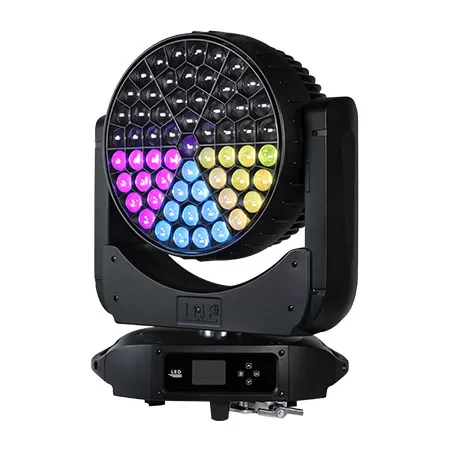
1000w 61x40w RGBW Stage Moving Head Wash Light LW1000
1000W 61x40W LED RGBW Mulichips Moving Head Wash Lights with Zoom (5°–50°), Covering Large Range and Long Distance. Designed to deliver a 5°–50° ultra-large zoom range to achieve a greater wash effect, illuminating stages and events with stunning lighting effects.
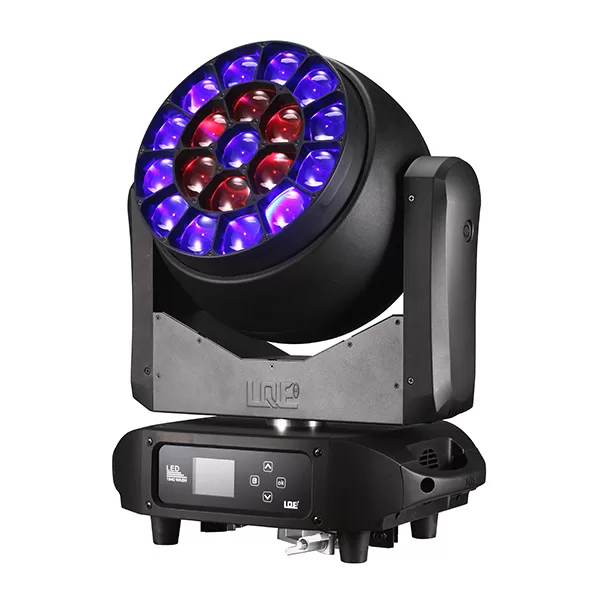
600w 19x40w RGBW Stage Moving Head Wash Light LW600 Zoom IP20
600W 19x40W LED RGBW Mulichips Moving Head Wash Lights with Zoom (5°–50°), Covering Large Range and Long Distance. IP20: Designed to deliver a 5°–50° ultra-large zoom range to achieve a greater wash effect, illuminating stages and events with stunning ring control lighting effects.
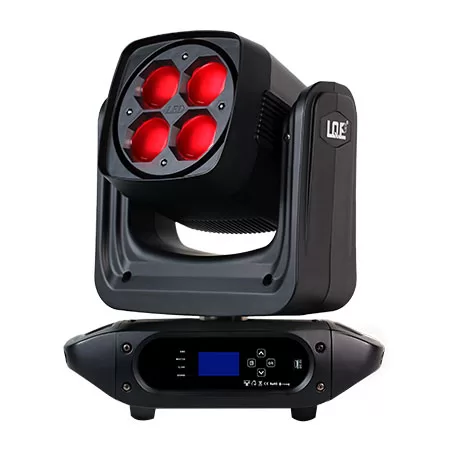
LED Moving Head Stage Wash Light LW200Z
The versatile moving head stage light provides a powerful lighting solution for theaters, concerts, and large outdoor performances. Suitable for theaters, TV stations, entertainment stages, and large outdoor performance scenes.
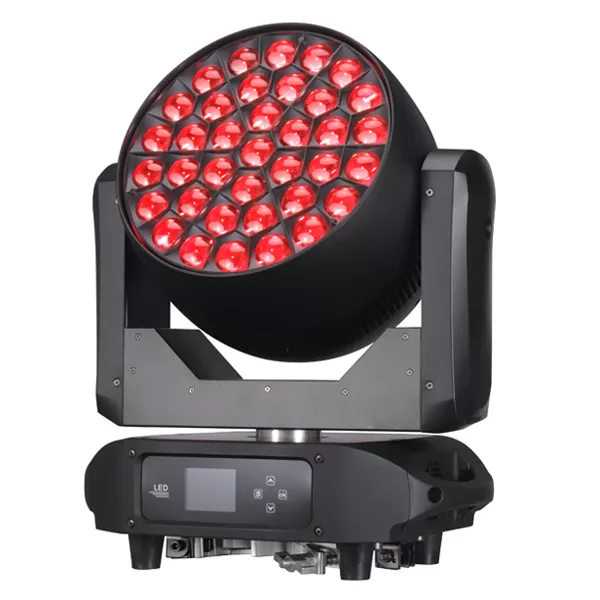
800w 37x40w RGBW Stage Moving Head Wash Light LW800
800W 37x40W LED RGBW Mulichips Moving Head Wash Lights with Zoom (5°-50°), Covering Large Range and Long Distance. Designed to deliver a 5°–50° ultra-large zoom range to achieve a greater wash effect, illuminating stages and events with stunning ring control lighting effects.

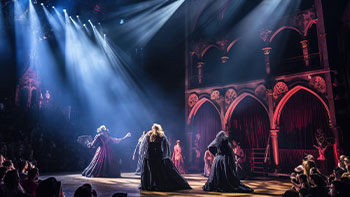
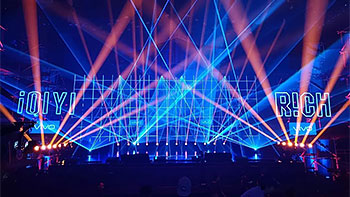
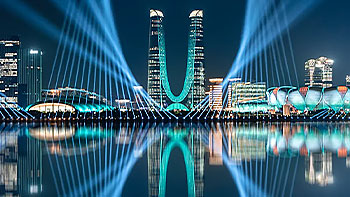
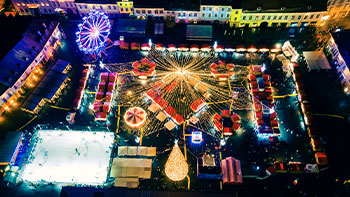
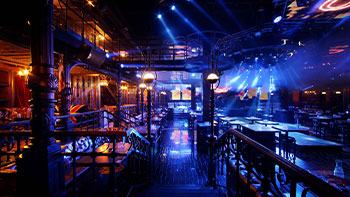
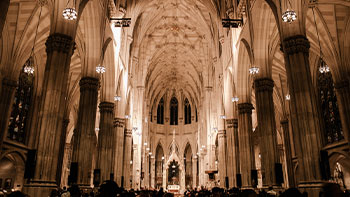






Linkedin
YouTube
Whatsapp: +8618924548390
TikTok